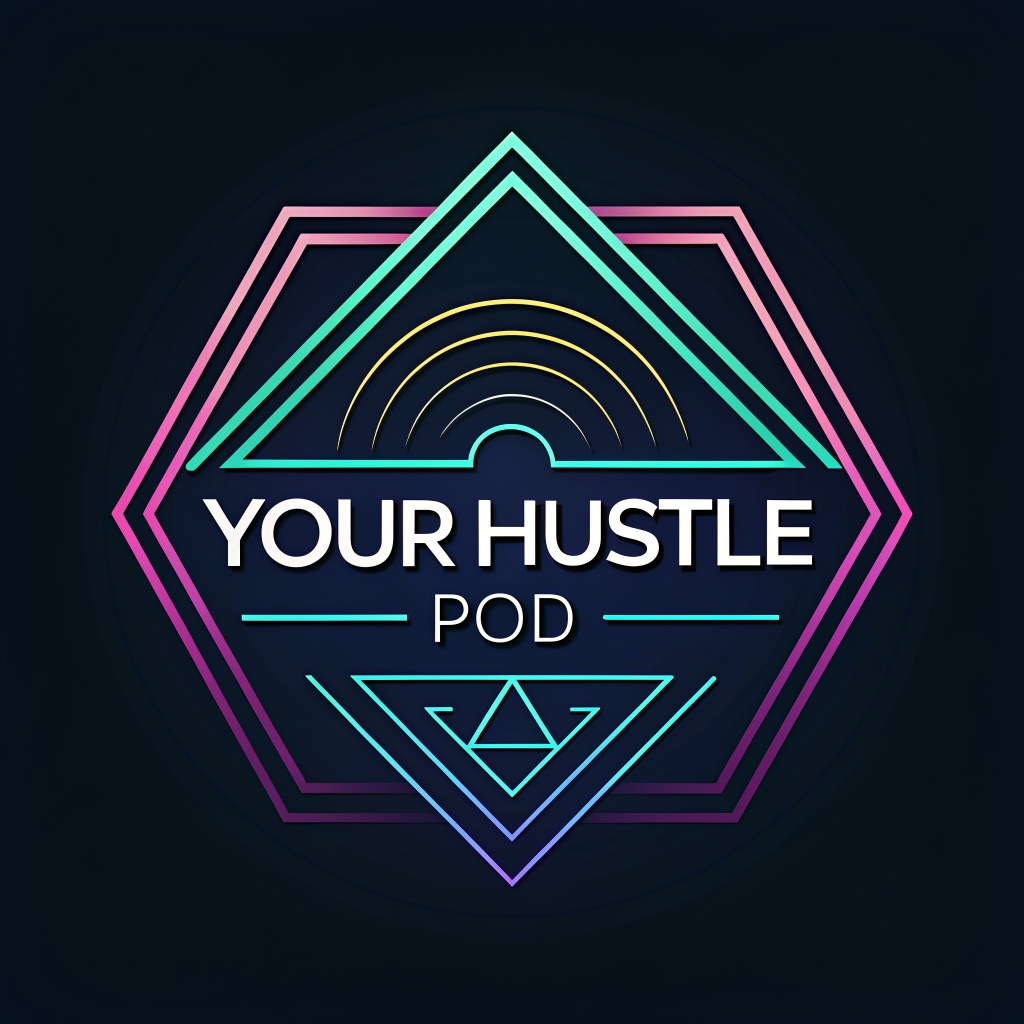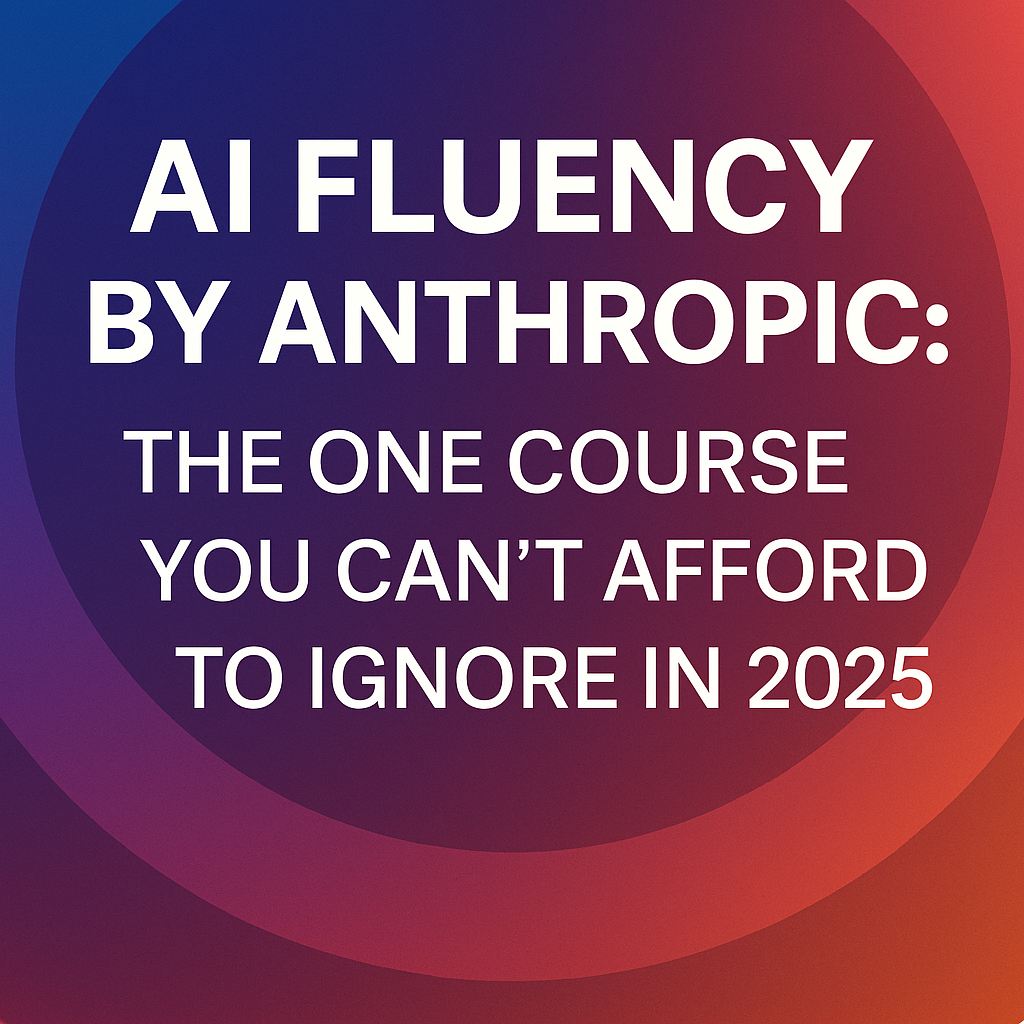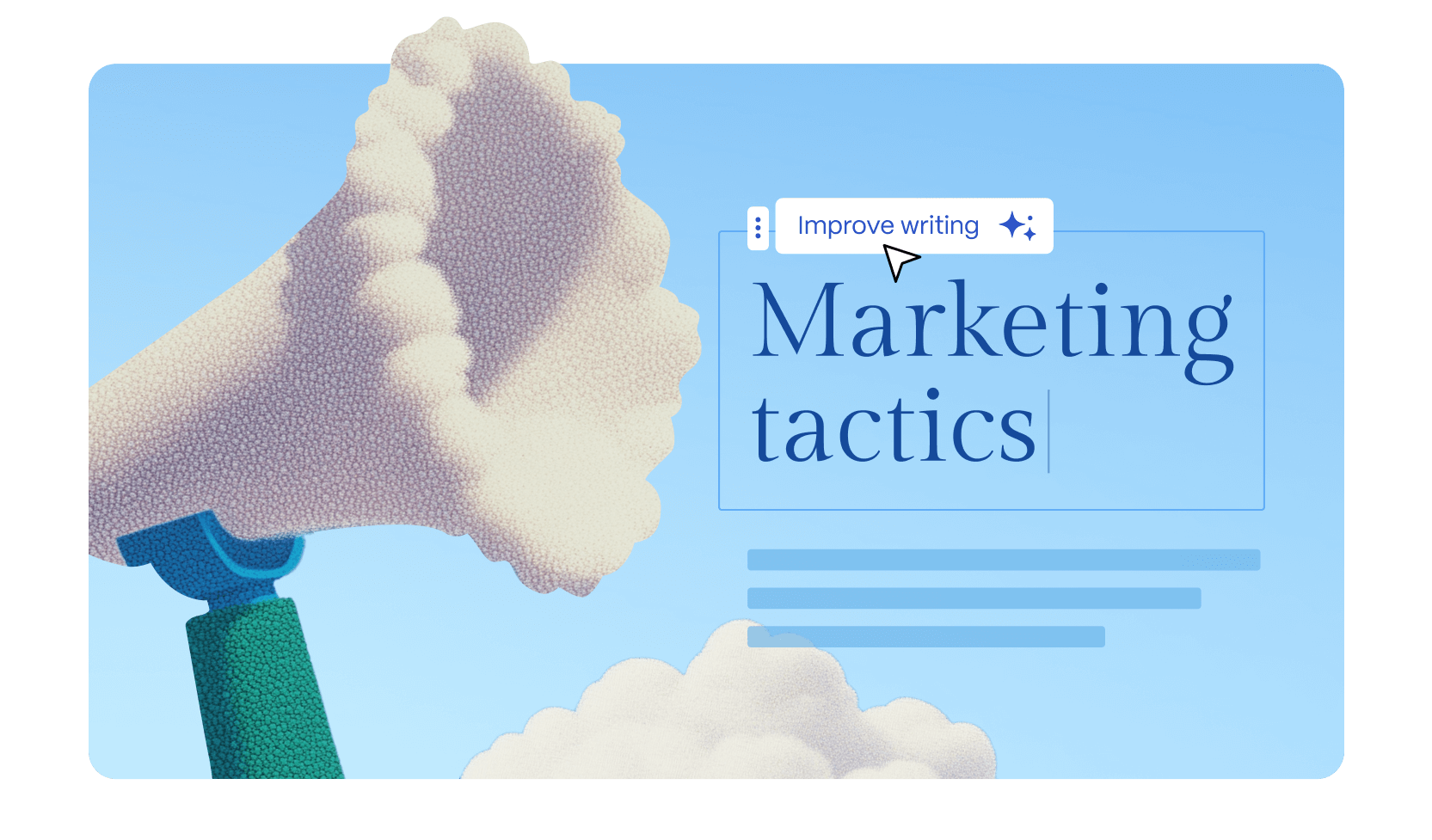
Google I/O 2025 Highlights
Google I/O 2025 unveiled a suite of AI-driven tools and platforms, emphasizing advancements in speed, collaboration, and automation. The event highlighted Google's commitment to integrating cutting-edge AI capabilities into its ecosystem, aiming to redefine user experiences and developer workflows.
Gemini 2.5 Pro: Expanding Contextual Understanding
At the forefront of Google's AI innovations is the Gemini 2.5 Pro model. Notably, it features a 2 million token context window, enabling it to process extensive datasets, such as lengthy documents or multi-hour video content. This vast context capacity facilitates complex reasoning tasks, including code generation and multilingual translation. Additionally, Gemini 2.5 Pro supports multimodal inputs, encompassing text, images, and audio, enhancing its versatility across various applications .(blog.google)
AI Mode in Search: Towards Autonomous Query Resolution
Google introduced "AI Mode" in Search, transforming traditional search queries into conversational interactions. Leveraging the "query fanout technique," AI Mode decomposes complex queries into multiple sub-queries, processes them in parallel, and synthesizes cohesive responses. This approach aims to streamline information retrieval, reducing the need for users to sift through numerous links .(The Verge)
Project Mariner and Agent Mode: Automating Web Interactions
Project Mariner emerged as a tool capable of executing up to ten web tasks simultaneously, featuring a "Teach and Repeat" function for automating recurring activities. Integrated into AI Mode, Mariner enables users to perform tasks like purchasing event tickets directly from search results. Agent Mode, part of the Gemini app, extends these capabilities to real-world scenarios, assisting users in tasks such as apartment hunting by handling complex, multi-step processes .
Stitch: Bridging Design and Development
Stitch is an AI-powered tool aimed at unifying the design and development phases of app creation. By interpreting natural language descriptions or image prompts, Stitch generates high-quality UI designs alongside corresponding frontend code. It facilitates conversational iterations, theme adjustments, and seamless exports to platforms like Figma or CSS/HTML, thereby accelerating the app development lifecycle .
Veo and Imagen 4: Advancements in Generative Media
In the realm of generative media, Google unveiled Veo, a text-to-video model capable of producing 1080p videos up to a minute long. Veo understands cinematic concepts, allowing creators to generate videos in various styles, including timelapse and film noir. Complementing this is Imagen 4, an image generation model that delivers high-fidelity visuals from text prompts, enhancing creative workflows for artists and designers .
Project Astra: Real-Time Multimodal Assistance
Project Astra represents Google's vision for a universal AI assistant. Utilizing the advanced multimodal Gemini Ultra model, Astra processes text, images, audio, and video inputs with low latency. Demonstrated on smartphones and prototype smart glasses, Astra aims to provide real-time assistance in daily tasks, from navigation to information retrieval, signifying a step towards more intuitive human-computer interactions .
Infrastructure Enhancements: Trillium TPUs and AI Hypercomputer
To support these AI advancements, Google introduced the sixth-generation Tensor Processing Units (TPUs), known as Trillium. These TPUs offer a 4.7x improvement in compute performance per chip compared to their predecessors. Additionally, the AI Hypercomputer architecture was showcased, designed to handle complex AI workloads with enhanced efficiency, underscoring Google's commitment to providing robust infrastructure for AI development .
Commitment to Responsible AI Development
Amidst these innovations, Google emphasized its dedication to responsible AI practices. The expansion of SynthID, a watermarking tool for identifying AI-generated content, now includes text and video modalities. Furthermore, the introduction of AI-assisted red teaming aims to improve the robustness and reliability of AI models, ensuring ethical and accountable deployment of AI technologies .(blog.google)
Google I/O 2025 highlighted the company's strategic focus on integrating AI across its ecosystem, aiming to enhance user experiences, streamline development processes, and foster responsible innovation. These developments signal a transformative period in technology, where AI becomes an integral component of daily digital interactions.


